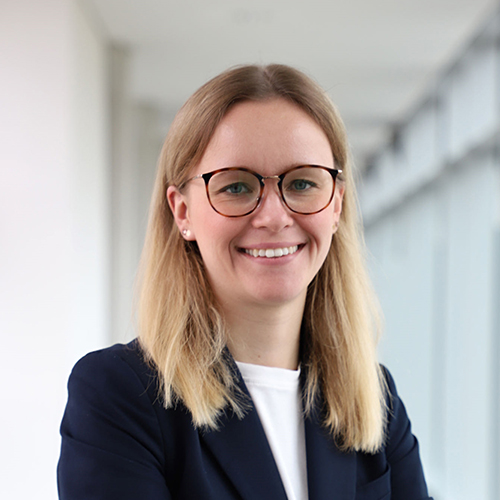Using high pressure to go deep: Soil rehabilitation with innovative methods
Frankfurt am Main – The ground vibrates and the air hisses. The drilling rig in Frankfurt’s Gallusviertel district drills one hole after another. Then a slurry solution is injected into the surrounding soil using lots of pressure. This reaches down to a depth of 27 m. Since January of this year, the Bauer Umwelt Division of BAUER Resources GmbH has been using this innovative on-site method to rehabilitate the former industry grounds. As a result of the previous industrial use, the introduction of volatile halogenated contaminants caused pollution in the soil and groundwater. Following the rehabilitation, the residential quarter “franky” – previously known under the project name WESTVILLE – will be constructed here by mid-2025, and will house roughly 1,300 rental apartments, 1,200 underground parking space, three day-care centers as well as commercial and retail spaces.
The task definition at the start of the project was extensive: Although initial findings were available from previous analysis and the goals of rehabilitation were defined, the suitable remedial action was chosen by the specialists from the Bauer Umwelt Division. But which method is right for requirements on-site? Which technique can be used to treat the contamination up to a final depth of 27 m? “An innovative and special jet grouting method makes this possible,” emphasizes sales engineer Frank Pietschner from the Bauer Umwelt Division of BAUER Resources GmbH.
In the first work step, all the preparations were made for the actual rehabilitation, which involved setting up a total of 53 infiltration gauges, environmental monitoring measurement points and circulation wells with a nominal diameter of 50 mm and 100 mm. Then the contaminant distribution was explored in detail. “This is the only way to determine the injection locations and quantities exactly,” explains Felix Blanco-Ochando, operations manager for the Bauer Umwelt Division of BAUER Resources GmbH. Based on the sampling, the injection locations and quantities were determined in the next step and a custom slurry solution was prepared.
Using high-pressure pumps, the active ingredient solution was injected at 40 different points in different levels of the contaminated soil – more than 70,000 l of active ingredient emulsion and approximately 430 l of bacteria suspension were required for this purpose. These react with the volatile contaminants deep in the ground and break them down. “In principle, this method is very simple, but the details are very exciting,” stresses Frank Pietschner and adds: “And incredibly innovative, efficient and sustainable.” With considerably more than 10 bars of pressure, high efficiency is also guaranteed for highly cohesive soils across the planned injection radius.
However, the secret of success is not just the method, but also the active ingredient: This can be used selectively and adapted strategically depending on the degree of pollution. In addition, a special composition ensures that the process can continue for months until the contamination is fully broken down. Using various measurement points, progress can be monitored continually.
Before the work is completed, infiltration measures and a circulation of the groundwater will be carried out for better and faster dissemination of the active ingredient. “The execution of a project like this is unique for us and only possible thanks to the precisely organized work of the project team,” says Felix Blanco-Ochando in conclusion.
Downloads
Your Contact

Specialized press Resources, Redevelopment, Environment
